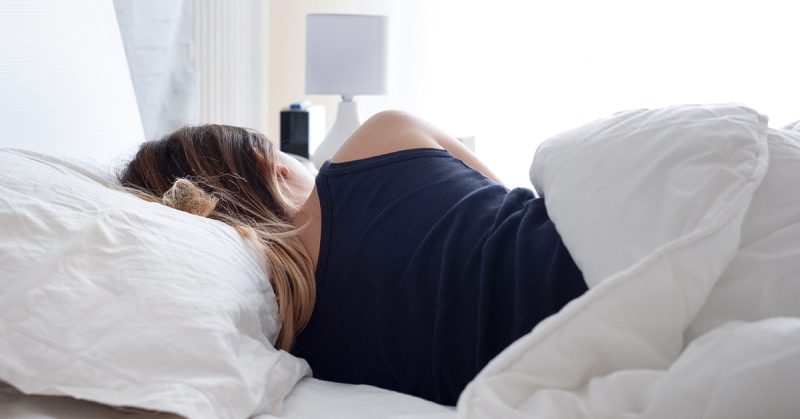We all know how important sleep is. You don’t need me to spell it out for you. But it is fascinating how the subject of sleep went from zero to everywhere overnight. Sleep is quickly becoming a leading topic when it comes to healthy habits. As research ramps up on sleep, it’s obvious sleep should have been a high priority all along. According to the National Sleep Foundation, adults between the ages of 18-64 should be getting seven to nine hours of sleep every night. Lack of good sleep causes a decrease in mental and physical performance. Poor sleep quality is even linked with mental health issues and even suicide according to the March 2021 Pentagon’s Report on Sleep Deprivation and Military Readiness.
Knowing how important sleep is to our bodies, let’s look at some tips for better sleep and bedtime routine.
- Bedtime routine is everything. I would say most people like to have down time before going to bed at night. After long days at work, we need time to unwind before tomorrow arrives. Unfortunately, a lot of the activities that we do to chill out don’t calm our bodies. So, there actually needs to be a routine in place after you’re done unwinding on the couch to make sure your brain and body can recover. This needs to be a tailored routine involving all the things (away from screens) that deeply relax you. Stretching, meditating, essential oil, journaling are just a few ideas. Aim to have a 30 minute to one-hour routine. This is much easier to commit to when you get your spouse on board.
- Consistent sleep patterns. Consistent sleep times are regularly being notated in research as an important step in getting your body into a good rhythm for sleep. If you have any kind of fitness wristband that monitors sleep, chances are it is monitoring and giving you tips on getting a more consistent sleeping pattern. A health tracker is something I would recommend to anyone who is curious about their sleep data. I recommend doing a lot of research and choosing one that has established accuracy. Focus on making your bedtime and wake time the same every day. For the best sleep results, it should include the weekends.
- Limiting screen time. Light and screens have been a targeted research genre that has produced some interesting results. We know that the blue light interferes with our brain stimulation and makes going to sleep right after screen time difficult. Giving your brain an hour in between screen time and sleep time can help. Another option is to wear blue light filtered glasses at night when you are looking at screens. I also highly recommend sleeping with your phone on silent in a different room. And to limit light exposure during the night wear a sleep mask or a beanie to bed. Did you know the light we take in during the day is just as important? Light is a significant indicator for our sleep cycle. It is a cue that tells our bodies when we should be sleeping. Getting about 20 minutes of light in the morning right after you wake up (from a window or being outside) also will help you feel more alert and awake. Try taking your first sip of coffee after your 20 minutes of light and see how it affects your energy.
- Alcohol and caffeine impact sleep in a negative way. There are an abundant number of studies showing this link. Once I started tracking my health data, I could see the effects that alcohol had on my sleep. It has motivated me to drink less alcohol and to have a concrete cutoff time for caffeine.
- Consider a bedroom makeover. Creating a space that is relaxing and peaceful is a must. If you don’t want to do a bedroom makeover, look for simple ways to declutter or make your bed comfier. We ended up decluttering our space by getting rid of the dresser in our room. I also gave our bed a makeover. Personally, I cannot recommend a top linen sheet enough! It’s a work in progress but giving yourself space to fully relax can have a big effect on sleep quality.
- Nutrition and exercise contribute to overall health. It is widely accepted that 30 minutes of exercise five days a week will contribute to a good night’s sleep. Getting your body to a specific point of strain will signal to your body that during sleep there needs to be significant recovery, which can lead to better sleep quality. Eating a wide variety of food and having a healthy relationship with food also contribute to the quality of sleep.
In conclusion, we know sleep is important. Building the best sleep routine for you is highly individualized. But there are things everyone can benefit from doing. I encourage anyone who likes to learn about sleep to frequently check in on new research, as there are continually new discoveries made! What things have helped you have a good night’s sleep?




